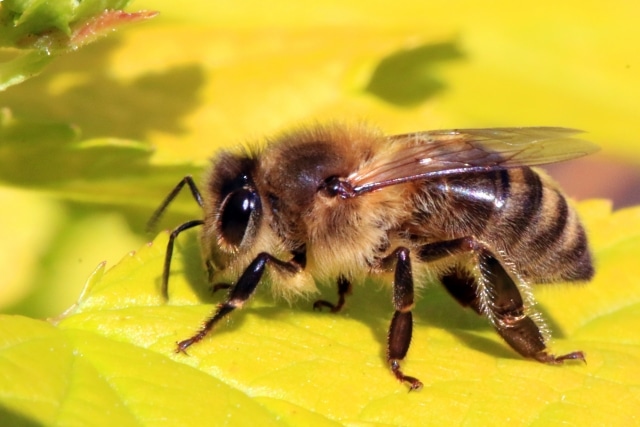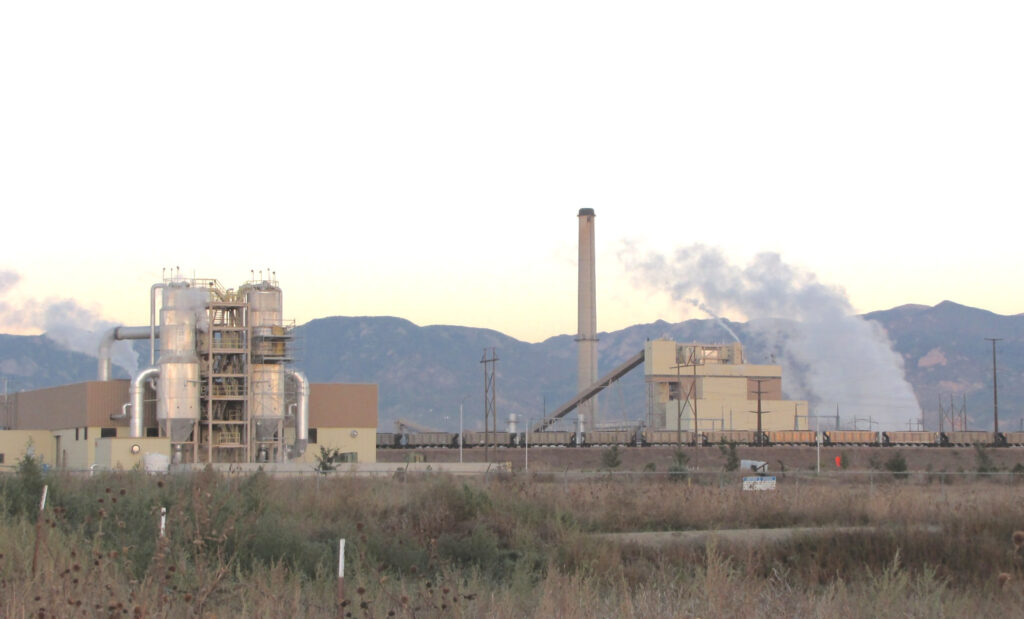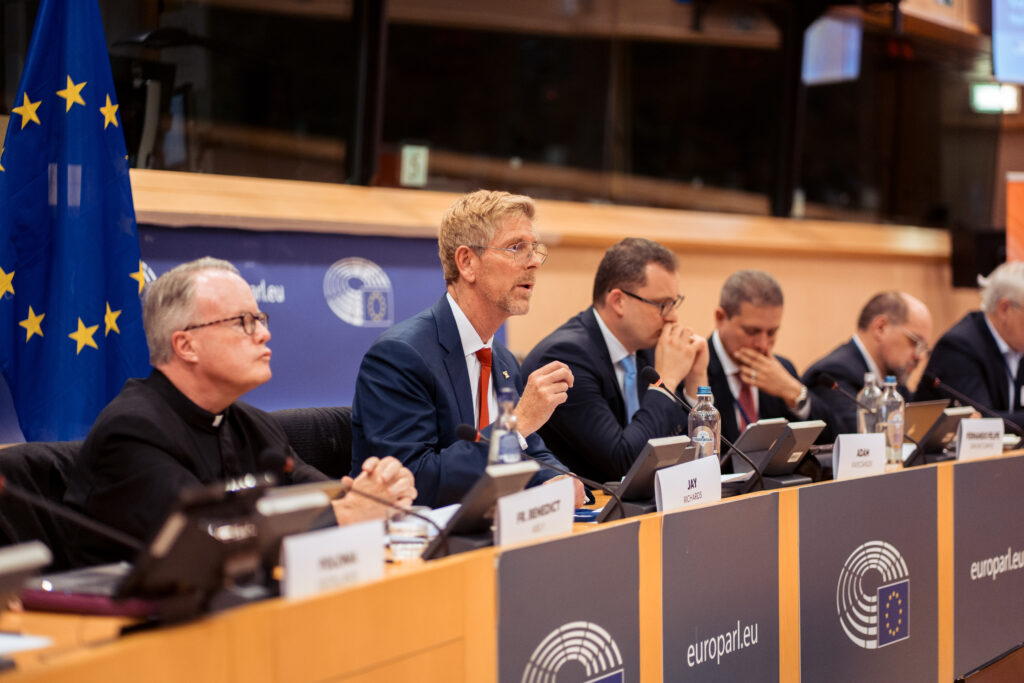Climate change could be disrupting the relationship between bees and plants, according the research from the University of East Anglia (UEA) published today.
The study examined how changes in temperature impacted the relationship between solitary bee species Andrena nigroaenea and the Early Spider Orchid.
The research, published in Current Biology, found that warmer springs cause changes in the bees’ life-cycle, and disrupt their natural synchronisation with the orchids they pollinate.
The university states this is the “first clear example” of the potential for climate change to disrupt the synchrony between a specific plant and its pollinator species.
Examining historical records dating back to 1848 the researchers found that while warmer springs caused orchids to flower earlier it did not coincide with bees flying earlier.
Under normal conditions, male bees are deceived into inadvertently pollinating the flowers because the orchid has evolved to bloom in harmony with when the male bee emerges in the springtime.
Yet the study reveals that male bees fly around nine days earlier for each degree increase in average early spring temperature. Female bees on the other hand emerge slightly later, closer to peak orchid pollination time.
“Warming by as little as 2°C causes the males to emerge much earlier, meaning they are less well synchronised with the orchids,” said lead researcher professor Anthony Davy from UAE’s school of biological sciences.
“The problem is compounded by the female bees which are also emerging earlier and attracting the attention of the male bees. This means that the male bees are more likely to copulate with the female bees rather than pollinating orchids.”
Co-researcher Dr Karen Robbirt from UAE’s school of biological sciences said: “We have shown that plants and their pollinators show different responses to climate change, and that warming will widen the timeline between bees and flowers emerging.”
“If replicated in less specific systems, this could have severe implications for crop productivity,” she said.
Davy added that there will be “progressive disruption of pollination systems” with climatic warming. This will have economic consequences he said if pollination services more generally are affected by the same unsynchronised relationship observed in this study.
Photo: Charlesjsharp
Subscribe to our newsletter
Stay up to date with DeSmog news and alerts






